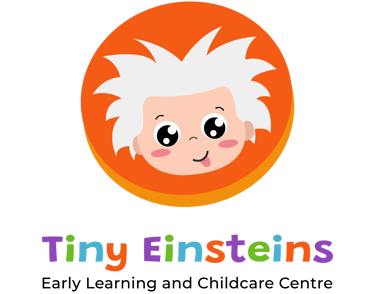Who We Are
At Tiny Einsteins, we are dedicated to providing a nurturing and enriching environment where children can grow, learn, and thrive. Our team of passionate educators is committed to fostering creativity, curiosity, and a love for learning in every child, ensuring they reach their full potential.
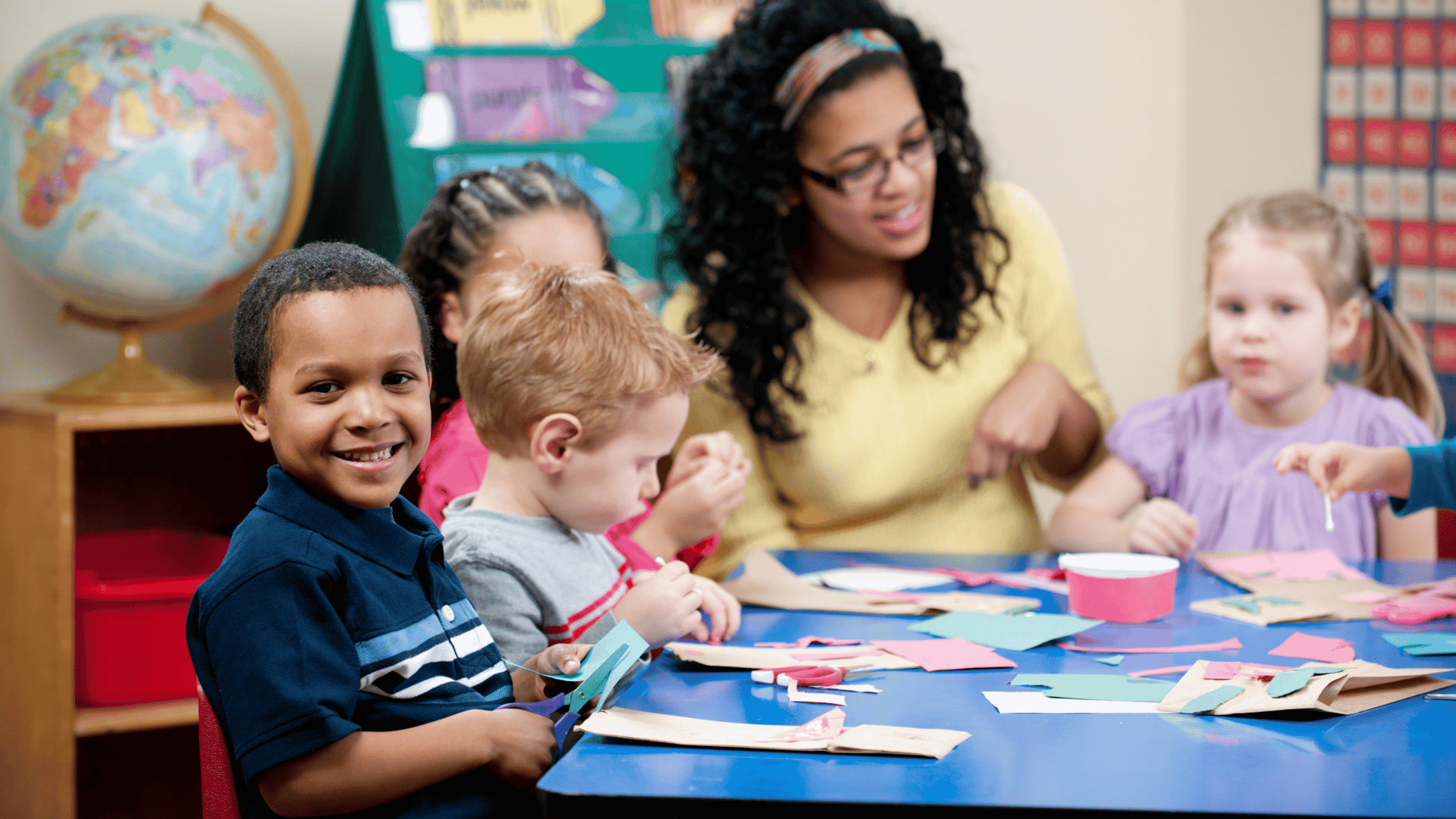
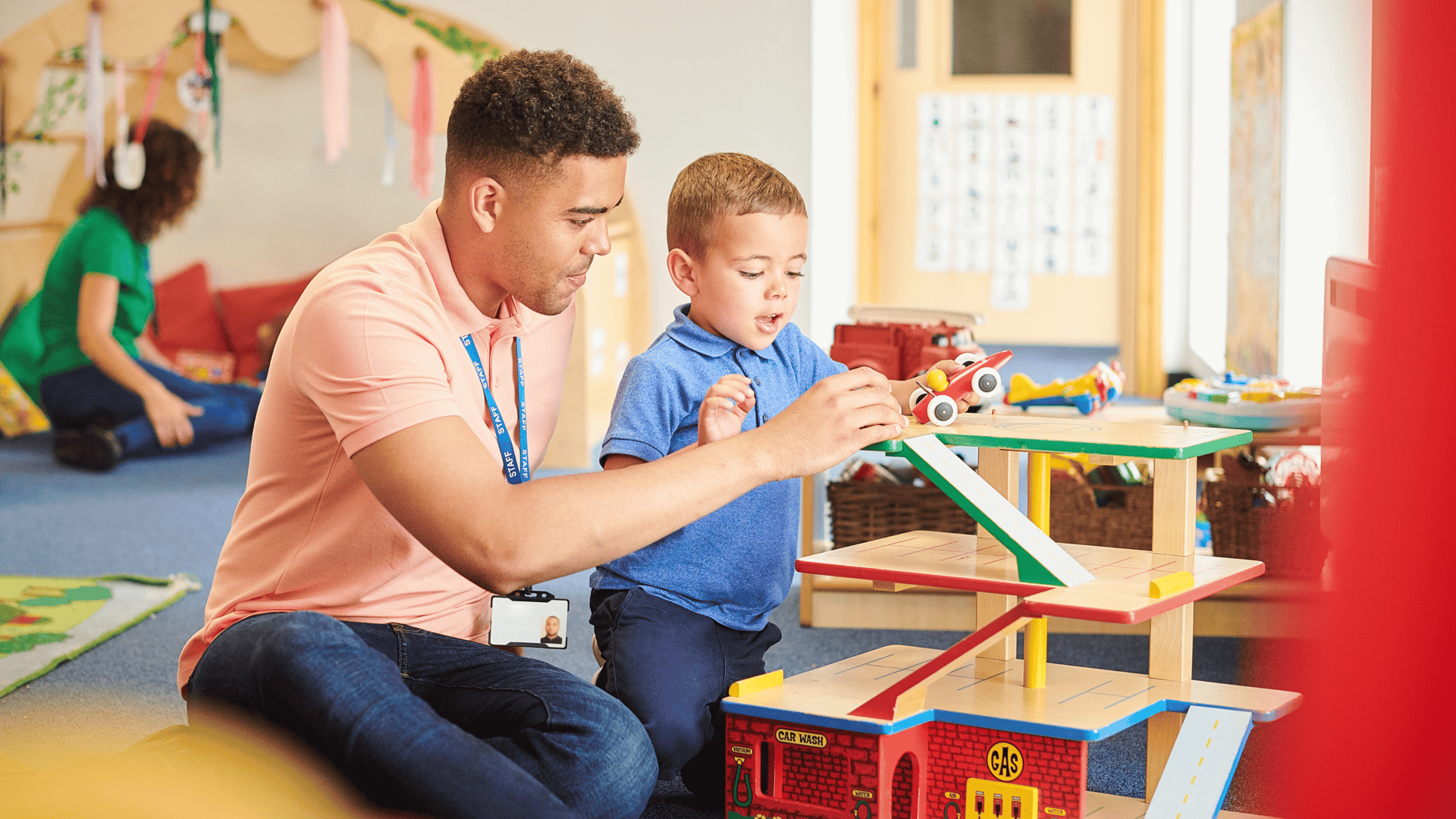

Mission
To deliver exceptional early education and positive guidance, fostering a safe and nurturing environment where children can thrive and develop to their full potential.
Vision
To empower and nurture every child, fostering their emotional, spiritual, physical, and psychosocial development, enabling them to flourish as resilient and thriving individuals.
Our Values
Our core values encompass kindness, respect, and a genuine appreciation for self and others, fostering a culture of empathy and compassion.
Our Philosophy
Tiny Einsteins Early Learning and Childcare Centre's philosophy is an integration of the Flight- Alberta’s Early Learning and Care Framework Curriculum and incorporating Good Manners and Right Conduct (GMRC) Values Education. We also incorporate Erik Erikson's Theory of Psychosocial Development and Identity Development which involves the conflict between our psychological needs and the demands of society.
By integrating these different approaches into our curriculum, we aim to provide children with a solid foundation for their social, emotional, cognitive, and creative growth.



"Only a life lived for others is a life worthwhile."
-Albert Einstein
Our Team
Tiny Einsteins is proud to have a team of experienced and compassionate educators who truly understand the needs of every child. Each member is dedicated to providing the best care and learning opportunities to help children explore and grow in their early years.
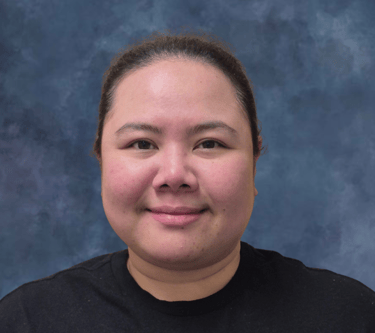

Ms. Abby
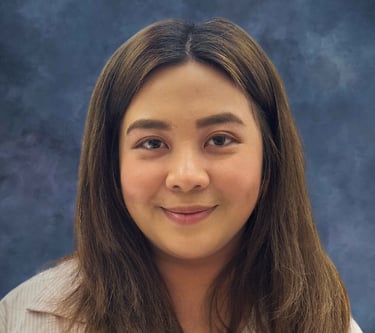







Ms. Chinkey
Ms. Dharlyn
Mr. Mark
Ms. Catrina
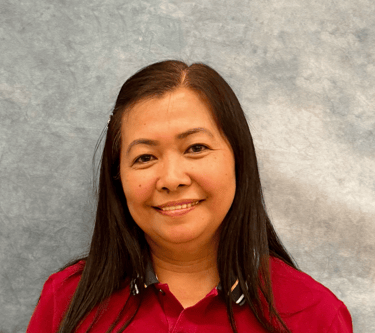

Ms. Aurea
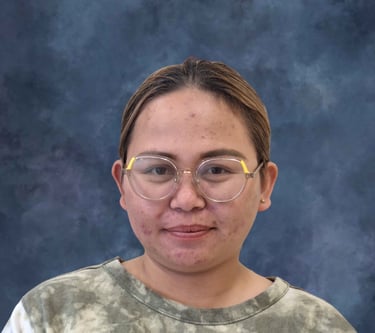

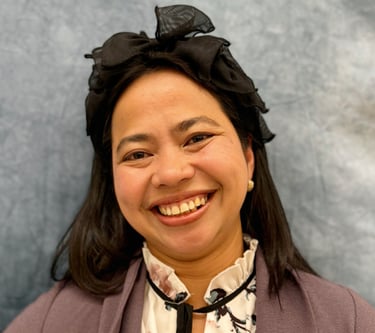





Ms. Angeline
Ms. Karen
Ms. Navreet
Ms. Laveena
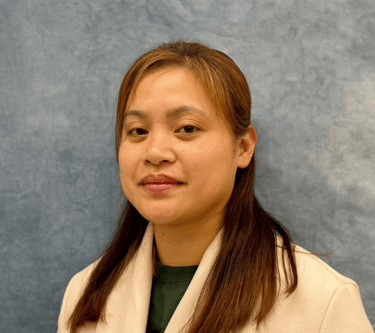

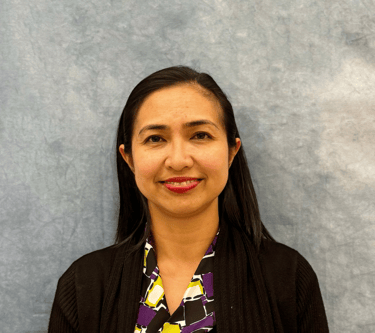





Ms. Lorie
Ms. Lorna
Ms. Elaine
Ms. Veronika
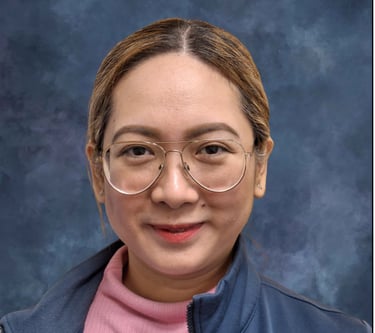



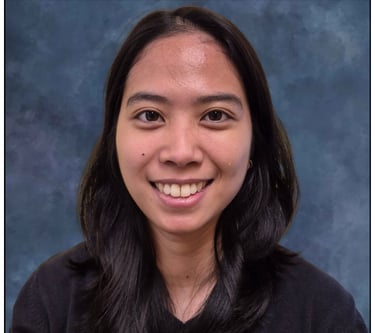

Ms. Rachel
Ms. Lovely
Ms. Venice
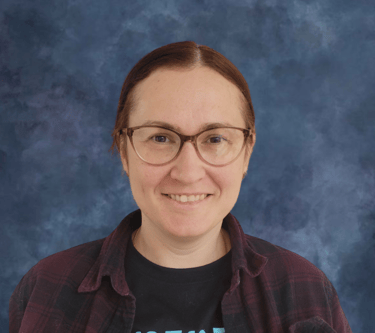

Ms. Oksana
Languages: English, Tagalog
Languages: English, Tagalog
Languages: English, Tagalog
Languages: English, Tagalog
Languages: English, French, Tagalog
Languages: English, Tagalog
Languages: English, Tagalog
Languages: English, Tagalog
Languages: English, Tagalog, Arabic
Languages: English, Tagalog
Languages: English, Tagalog, Visaya
Languages:English, Tagalog, Ilonggo
Languages: English, Ukrainian
Languages: English, Hindi
Languages: English, Tagalog
Languages: English, Hindi/Punjabi
Languages: English, Ukrainian
Languages: English, Tagalog, Kapampangan
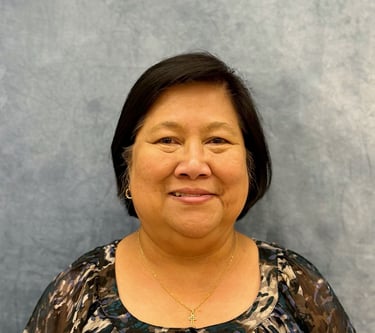

Ms. Sol
Languages: English, Tagalog
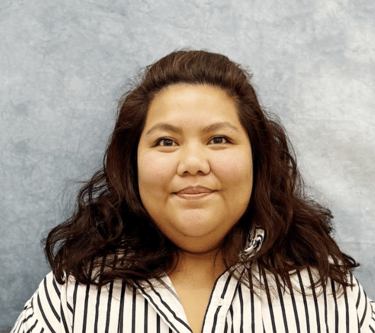

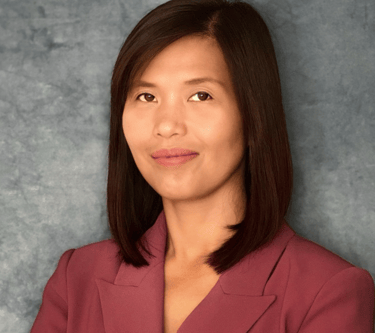

Ms. Celina
Ms. Marivic
Languages: English, Tagalog
Languages: English, Tagalog, Kapampangan
Contact us:
403.453.1789
beltline@tinyeinsteins.ca
622 - 11 Avenue SW Calgary, AB T2R 0E2
Copyright © 2025 Tiny Einsteins Early Learning & Childcare Centre. All Rights Reserved.
Stay Connected:
